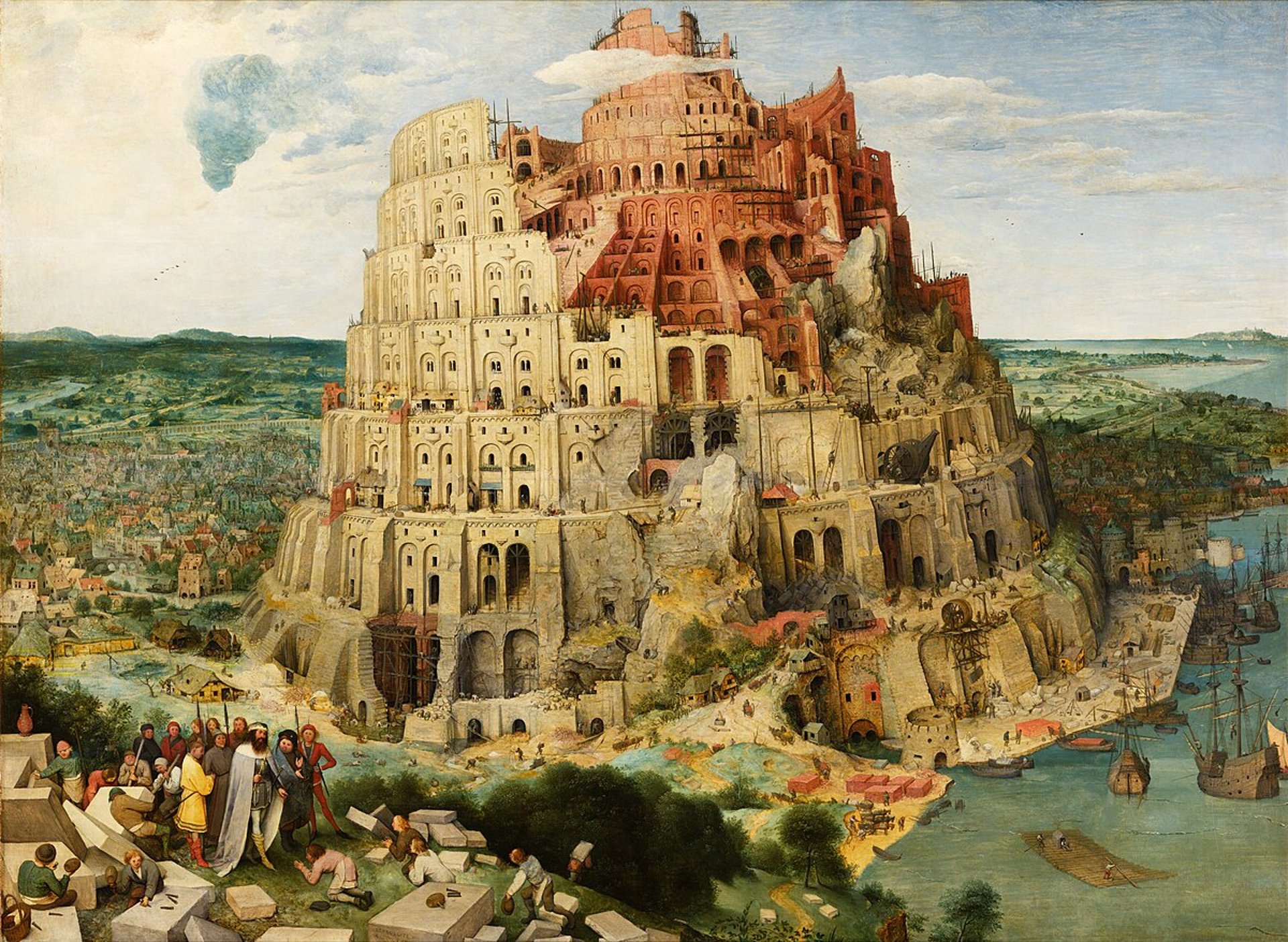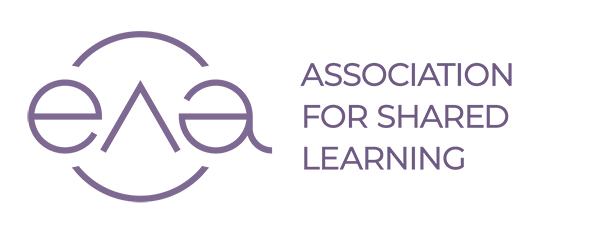
Language of Instruction Dilemma: Mother Tongue or Colonial languages in the African classrooms?
Volume II, Fall 25
Cornerstone EU
Imagine trying to learn mathematics when you barely understand the language your teacher is using. That's the daily reality for millions of African children who start school in English, French, or Portuguese, languages they've never spoken at home. In Francophone Africa, fewer than 20% of pupils are taught in their mother tongue, which means that over 80% receive instructution in a language, they do not speak at home (UNESCO).
It's one of Africa's most persistent education puzzles: Should children learn in their mother tongue or in the colonial languages that dominate official life? The answer seems obvious when you look at the research, but changing decades-old systems is anything but simple.
What the Evidence Says
The research is remarkably consistent. Children learn faster, understand deeper, and perform better when taught in languages they already speak. UNESCO (2016) emphasizes that early education delivered in a child’s first language lays a crucial foundation for future learning and overall academic success.
A landmark study in Cameroon found that students taught in their local languages for the first few years consistently outperformed peers who started directly in French or English (Walter & Dekker, 2011). Similar results have emerged from Ethiopia, Tanzania, and across the continent. When children can focus on what they're learning instead of struggling to decode how it's being explained, the difference is dramatic.
Beyond academics, there's something deeper at stake. As Ngugi wa Thiong'o wrote in Decolonising the Mind (1986), language carries culture, identity, and ways of seeing the world. When schools tell children their home language has no place in education, they're essentially saying their entire background, their family's stories, their community's wisdom—doesn't count.
Why Colonial Languages Persist
So, if mother tongue education works better, why don't more African countries use it? The reality is complicated.
First, there's the practicality problem. Nigeria alone has over 500 languages. Even countries with fewer languages face the challenge of producing textbooks, training teachers, and standardizing curricula across multiple languages. That takes money and coordination many education systems don't have (Bamgbose, 2011).
Then there's the perception issue. Many African parents themselves push for English or French, seeing these as "languages of opportunity." This perspective holds weight, given that colonial languages still play a significant role in higher education, business, and government. Parents worry that if their children spend too much time learning in local languages, they'll fall behind in the race for university admission and good jobs (Heugh, 2011).
There's also a political dimension. In ethnically diverse countries, choosing which local languages to prioritize in schools can become contentious. Former colonial languages offer a kind of neutral ground, even if that neutrality comes at an educational cost.
Finding Middle Ground
Some countries are trying to have it both ways. Ethiopia uses local languages for primary education before transitioning to English in secondary school. South Africa's constitution recognizes 11 official languages and encourages mother tongue instruction where possible. Rwanda recently shifted from French to English but also strengthened the use of Kinyarwanda in early grades.
The most promising approach seems to be what researchers call "multilingual education"—starting in the mother tongue but gradually introducing the official language as a subject before eventually using it as the language of instruction (Benson & Kosonen, 2013). Done well, this allows children to build strong foundations while still gaining fluency in languages they'll need later.
Tanzania offers an interesting case. The country uses Kiswahili, widely spoken across the nation, throughout primary school before switching to English in secondary. While not everyone's exact mother tongue, Kiswahili is familiar enough to most students that they avoid the worst cognitive barriers of learning in a completely foreign language (Brock-Utne & Holmarsdottir, 2004).
The Real Challenge
Here's what makes this issue so stubborn: it's not just about what works educationally. It's about resources, politics, parental expectations, and decades of systems built around colonial languages. Changing course requires more than good intentions, it demands investment in teacher training, curriculum development, and community buy-in.
But the cost of not changing is real too. Every year, millions of bright African children underperform not because they lack ability, but because they're being taught in a language that feels foreign. That's a waste of potential no continent can afford.
The path forward won't look the same everywhere. But any serious effort to improve African education has to grapple honestly with this question: Are we teaching children in languages that help them learn, or in languages that mainly serve administrative convenience and historical inertia?
Fatimah A. Adebowale, Research Analyst at Cornerstone EU
Our Socials:
Contact us:
For Partnerships & Inquiries:
© 2025. All rights reserved.




